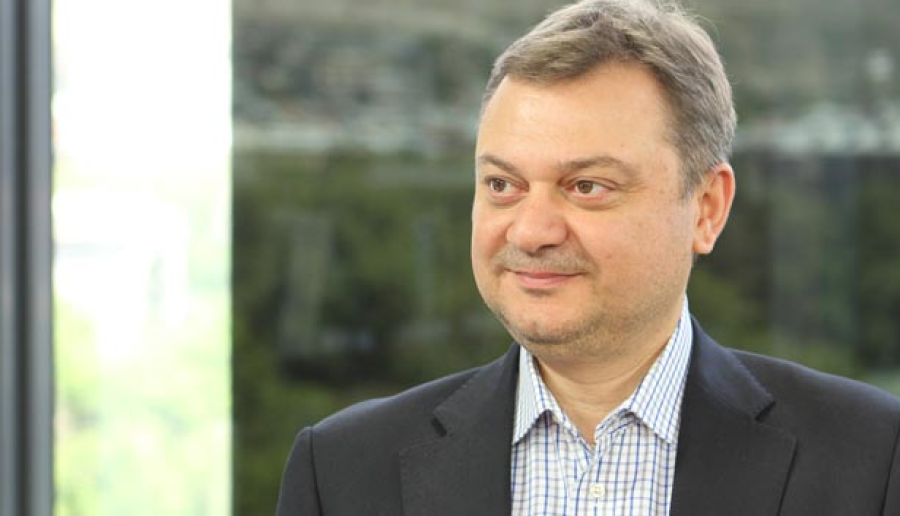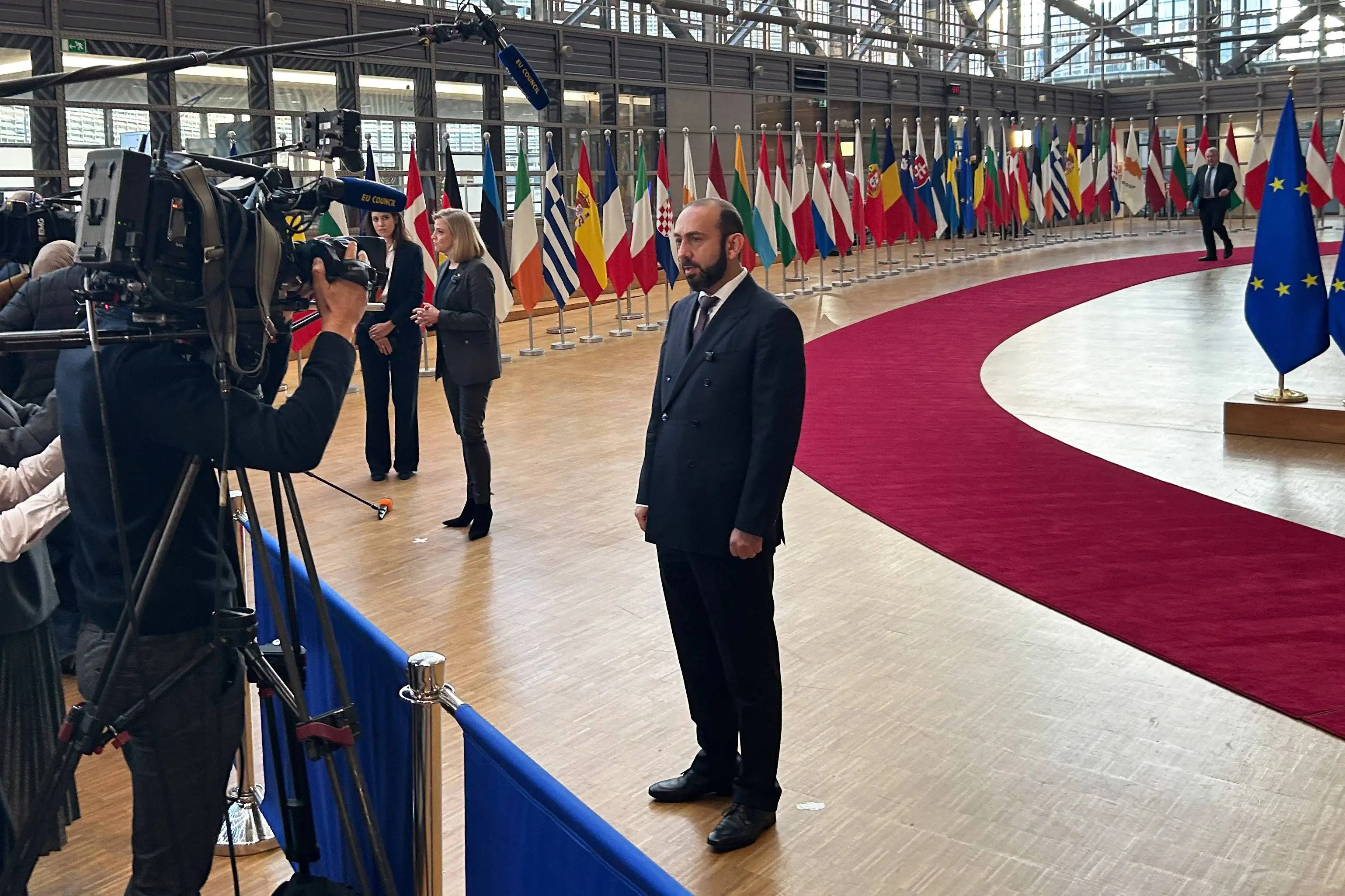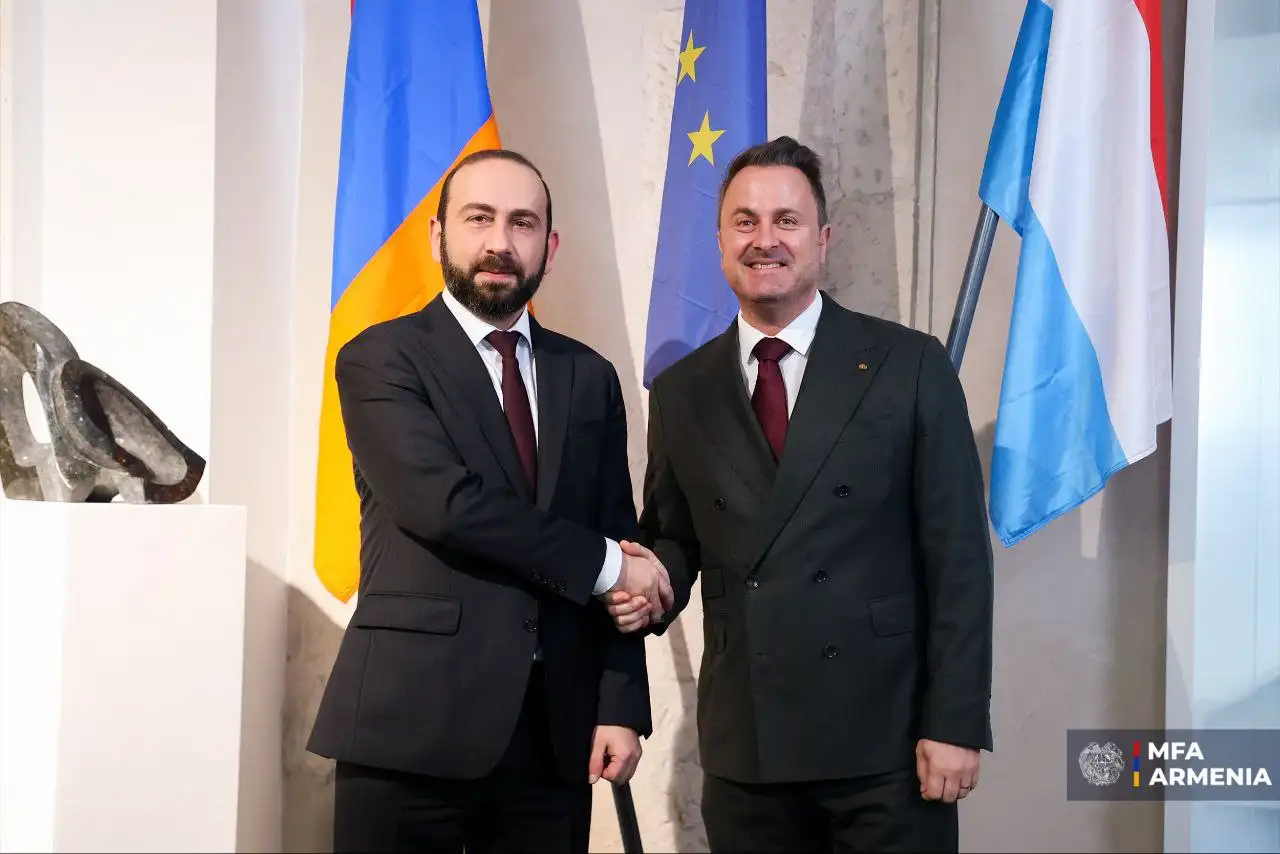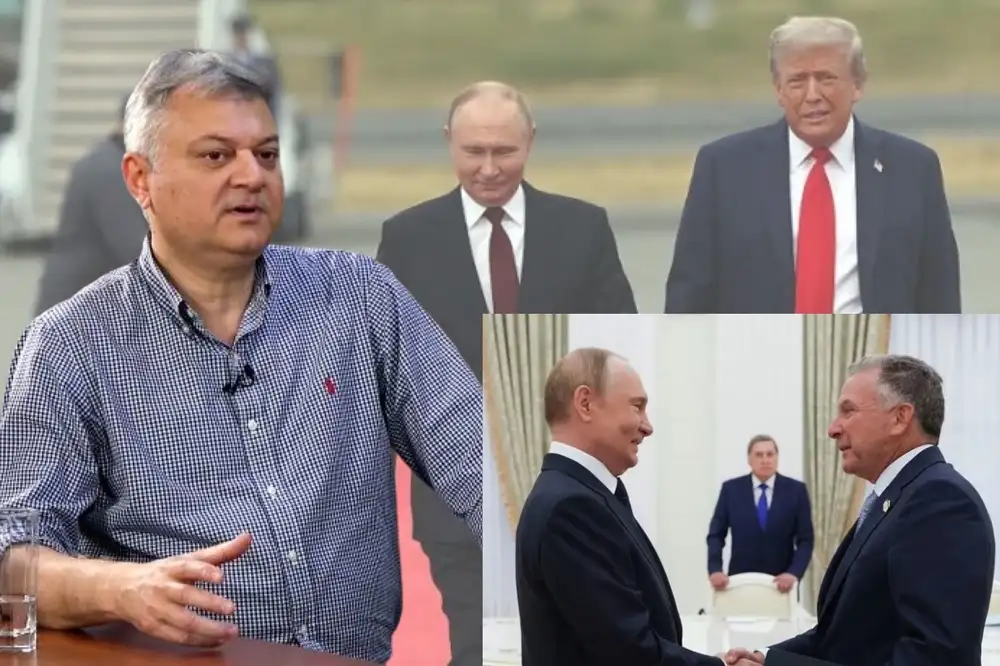Radar Armenia's interlocutor is Shahan Gantaharyan, an international scholar.
- Recently, the Azerbaijani side resorted to provocations and had a positional advance. In your opinion, what is the purpose of these steps, the aggravation of the situation, if, on the other hand, both sides declare their readiness for peace, blaming the other?
- Baku continues to implement programs based on its classic military-political behavior. To shoot with one hand and the other to negotiate and demonstrate imitation actions for a peace agreement. The violation of the Artsakh contact line, the limited movement of Azerbaijani troops, and the constant cease-fire violation fit into the circle of Baku's classical politics. Azerbaijan wants to fully implement the 6th point of the ceasefire agreement of November 9 and parallelizes and stipulates it with the 9th point, the Nakhichevan-Azerbaijan connection over Syunik. The rest are declarative and a toolkit for generating smoke coverage.
- The head of the EU observation mission stated that if Azerbaijan does not attack Armenia in the spring, then the EU mission can be considered successful. What did this mean, and can we avoid full-scale military operations?
- Spring can be considered a turning point for the region regarding the national elections in Turkey. With such a statement, Brussels, I think, makes it clear that Azerbaijan will not resort to military operations without the consent of Turkey. Realizing this, the EU considers its mission successful until spring.
- Next week, the Russian Foreign Minister will leave for Turkey at the invitation of Mevlut Cavusoglu. The official representative of the Russian Foreign Ministry announced that, among other issues, the Nagorno-Karabakh problem would also be discussed. What expectations can be had from that meeting, and what consequences will it have considering Turkey's involvement in the region?
- The main motive of the Russian Foreign Minister to go to Turkey is the specific changes observed in Turkey's foreign policy. Moscow-Ankara rapprochement looks different from before. Turkey gave the green light to Finland's NATO membership. It is not excluded that negotiations with Sweden will begin. Washington made full use of the earthquake to control Turkey and, at the same time, does not address Azerbaijan anymore. The USA registered a dramatic change in content and style. Demands and accusations directed at Azerbaijan are not voiced, and even very general and meaningless positions about the reopening of the corridor are published. Moscow wants to strengthen ties with Turkey. This situation will last until the Turkish elections.
- In this situation, doesn't the prospect of going to peace become more blurred if the danger of escalation is more objective?
- large-scale actions will not be taken. Neither Ankara nor Moscow is inclined to that. The possibility of limited Israeli attacks against Iran from Azerbaijani territories is discussed more. The situation in the Middle East is changing radically. Tel Aviv is dissatisfied with that which wants to register a change in the geography of the conflict. In this case, a transition from the Middle East to the South Caucasus.
- In this context, I would also like to address Iran's involvement in regional issues, especially since the Ministry of Defense of Azerbaijan announced that the Iranian-Armenian brotherhood has strengthened, and Iran blames Baku.
- Iran's positions should be considered regarding the presence of the Israeli threat. The more Israeli-Azerbaijani strategic cooperation is announced, the more statements will be about the Iranian-Armenian partnership.
Hayk Magoyan




















